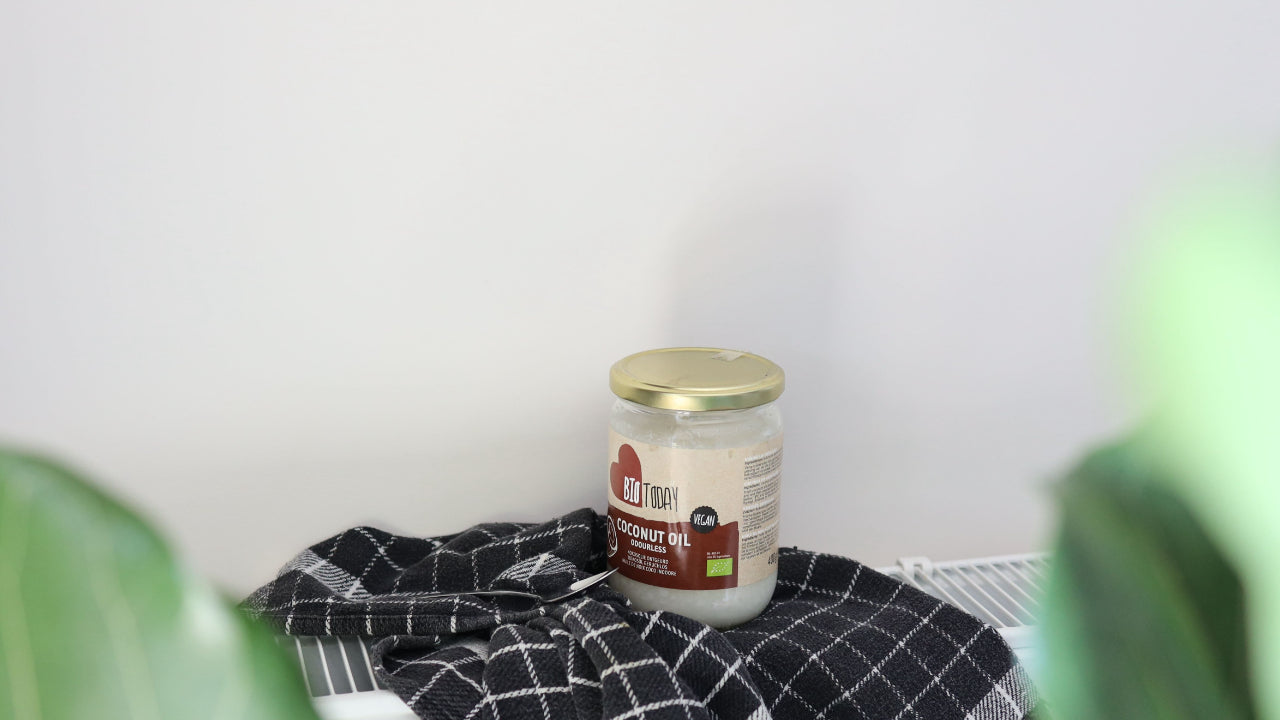The human body is home to an amazing, invisible world of life: the microbiome. This community of microorganisms, living both on and in our bodies, is essential to our health and well-being. But what exactly is the microbiome, and why is it so important?
What is the Microbiome?
The microbiome is made up of trillions of microorganisms, including bacteria, viruses, fungi, and other single-celled organisms. These microbes are everywhere: on our skin, in our mouths, noses, and especially in our intestines. The gut is home to the largest and most diverse part of our microbiome.
Why is the Microbiome Important?
-
Digestion and Nutrients
One of the most important functions of the microbiome is to help digest food. Many nutrients can only be broken down and converted into substances that our bodies can use by these microbes. For example, some gut bacteria produce vitamin K and B vitamins, which are essential for our health. -
Protection against Disease
The microbiome plays a crucial role in our immune system. It helps our bodies recognize and fight off harmful pathogens. In addition, a healthy microbiome can protect us from infections by suppressing the growth of harmful bacteria and by producing substances that kill these invaders. -
Influence on the Brain
New research suggests that the microbiome also influences our brain and mood. This is called the gut-brain axis. Certain gut bacteria can produce neurotransmitters such as serotonin, which are involved in regulating our mood and emotions. Changes in the microbiome have been linked to mood disorders such as depression and anxiety.
Matcha and the Microbiome
Matcha, a finely ground green tea powder from Japan, has gained popularity in recent years for its many health benefits. But how does matcha affect our microbiome?
-
Rich in Antioxidants
Matcha is rich in antioxidants, especially catechins such as EGCG (epigallocatechin gallate). Antioxidants can help reduce inflammation in the gut and support the growth of healthy gut bacteria. For example, EGCG has anti-inflammatory and antimicrobial properties that can benefit the balance of the microbiome. -
Promoting Good Gut Bacteria
Studies suggest that consuming green tea and matcha can positively influence the composition of the gut microbiome. Matcha can promote the growth of beneficial bacteria such as Bifidobacteria and Lactobacillus, which are important for healthy digestion and a strong immune system. -
Reduction of Harmful Bacteria
Matcha may also help suppress the growth of harmful bacteria in the gut. The antimicrobial properties of the catechins in matcha may help fight pathogens, supporting overall gut health. -
Improvement of the intestinal barrier
The antioxidants in matcha can help strengthen the intestinal barrier, which is essential for preventing the leakage of harmful substances into the bloodstream. A strong intestinal barrier is crucial for maintaining a healthy and well-functioning microbiome.
How Can We Keep Our Microbiome Healthy?
-
Healthy Food
Our dietary choices have a major impact on our microbiome. High-fiber foods like vegetables, fruits, legumes, and whole grains promote the growth of beneficial gut bacteria. Fermented foods like yogurt, kefir, sauerkraut, and kimchi contain probiotics, which contribute to a healthy microbiome. Adding matcha to your diet can provide additional support through its antioxidants and microbiome benefits. -
Be careful with antibiotics
Antibiotics can be life-saving, but they kill not only harmful bacteria but also the beneficial microbes in our microbiome. It is important to use antibiotics only when absolutely necessary and always according to the advice of a doctor. -
Lifestyle
Our lifestyle also affects our microbiome. Regular exercise, adequate sleep and stress management can contribute to a healthy microbiome. Smoking and excessive alcohol consumption, on the other hand, can harm this delicate community of microorganisms. -
Avoid Unnecessary Chemicals
Using antibacterial soaps and other cleaning products can also be harmful to our microbiome. These products often kill not only harmful bacteria, but also the beneficial microbes that our bodies need. Therefore, try to limit the use of such products.
Conclusion
The microbiome is a wonderful and vital component of our body, which plays a crucial role in our daily functioning. By making conscious choices in our diet and lifestyle, we can contribute to the health of this invisible community of microbes. Adding matcha to your diet can make a valuable contribution to a healthy microbiome. A well-cared for microbiome can help us live healthier and happier lives. It’s time to appreciate and cherish the invisible world within us.
Sources
The information in the blog is based on a wide range of scientific studies and articles on the microbiome and the effects of matcha. Here are some general sources that are relevant to the topics mentioned:
1. Microbiome and Health:
- Scientific American: Articles and reviews on the importance of the microbiome to human health.
- Nature Reviews Microbiology: Scientific articles describing the role of the microbiome in digestion, immune function, and brain health.
- National Institutes of Health (NIH): Publications and studies on the impact of the microbiome on various aspects of human health.
2. Antioxidants and Catechins in Matcha:
- Journal of Food Science: Studies on the composition and health benefits of matcha, with a focus on the antioxidants and catechins.
- Journal of Nutritional Biochemistry: Studies on the effects of green tea and matcha on the microbiome and overall gut health.
3. Effects of Matcha on the Microbiome:
- Frontiers in Microbiology: Articles investigating the influence of green tea polyphenols on the intestinal flora.
- Journal of Functional Foods: Studies on the prebiotic effects of green tea and matcha, and their impact on the growth of beneficial gut bacteria.
Specific Studies and Articles:
- Kale, A., et al. (2010). "Health benefits of green tea polyphenols: a review." Journal of the American College of Nutrition.** This article discusses the health benefits of green tea, including its influence on the microbiome.
- Chen, D., et al. (2015). "Green tea polyphenols ameliorate obesity-induced insulin resistance by modulating intestinal permeability and microbiota." Biochimica et Biophysica Acta (BBA) - Molecular Basis of Disease.** This study investigates how green tea polyphenols affect intestinal health.
The sources and studies mentioned provide a solid foundation for information about the microbiome and the positive impact of matcha on gut health.











Leave a comment
This site is protected by hCaptcha and the hCaptcha Privacy Policy and Terms of Service apply.